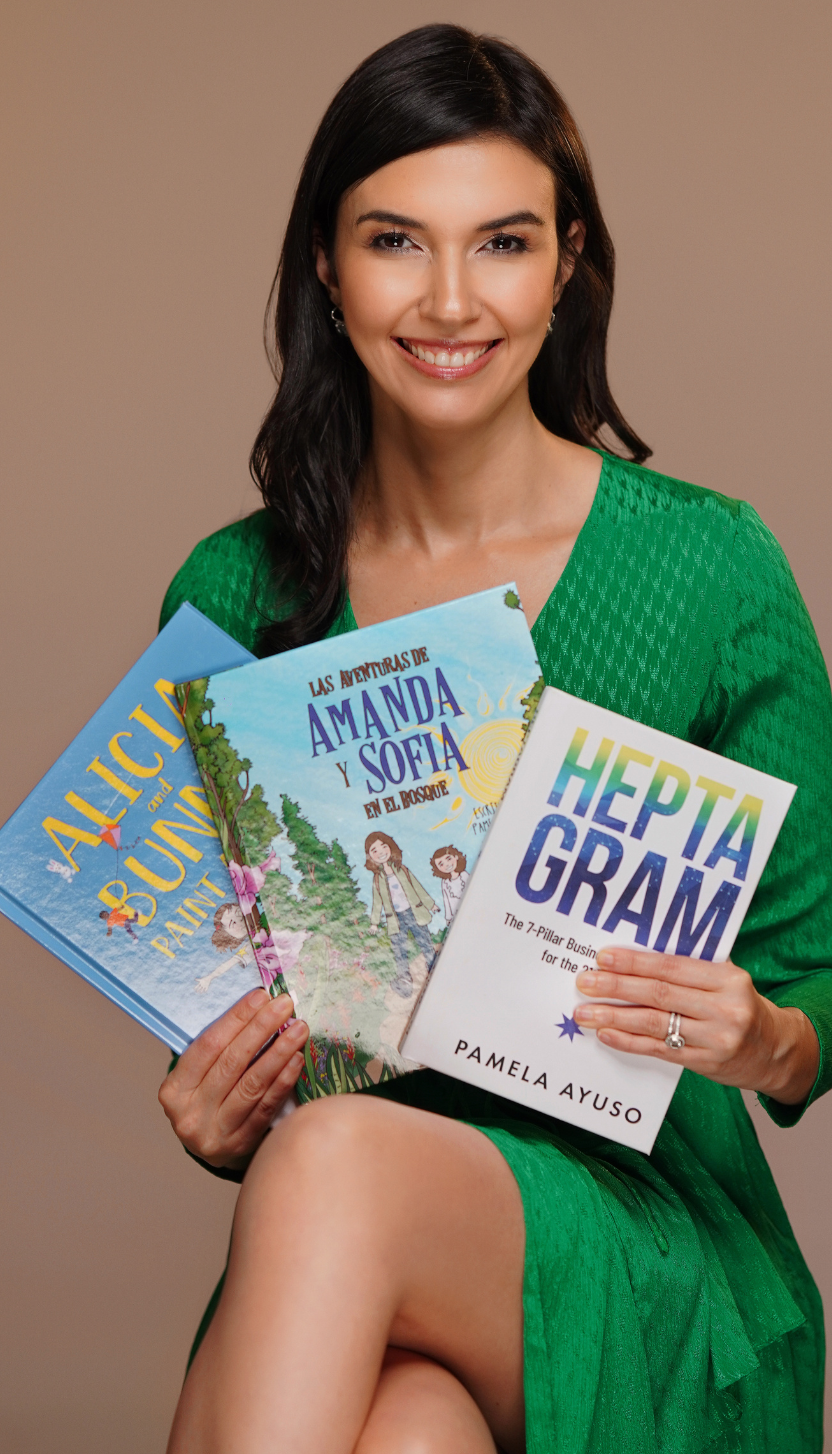In the middle of these tumultuous times, I keep referring to the Ancient Stoics and their philosophy. William Irvine’s A Guide to the Good Life: The Ancient Art of Stoic Joy (public library) describes the Stoic philosophy’s principles, which were designed to prepare people for times exactly like the ones we are living. Through their practices, we can learn to appreciate what we have, use situations to become stronger and be able to deal with more challenges, and accept our circumstances.
![[Photo: Matteo Vistocco/Unsplash]](/wp-content/uploads/2021/01/matteo-vistocco-mJUpopBUGsg-unsplash.jpg)
[Photo: Matteo Vistocco/Unsplash]
Appreciating What We Have
As human beings, we quickly adjust to new circumstances and events. Called hedonic adaptation, we take for granted what we have obtained soon after we have acquired it and are always looking forward to the next new possession or experience. Sometimes we are so busy with our lives that we don’t even pause to savor new events.
To guard against this aspect of human nature, Marcus Aurelius, Roman Emperor, and prominent Stoic recommended reflecting on everything we have and what would happen if we lost it all. As we contemplate what we have, we learn to appreciate our lives, no matter where we are standing. This is not to say that Stoics believed we should settle for less, but they encouraged adherents to improve their future conditions while also being at peace with their circumstances.
In this current crisis, we don’t need to reflect to know what we have lost in just a few weeks. It is showing us the beautiful life we had when we could freely meet with others, shake hands, and travel and attend conferences. We now have a chance to fully recognize the value of our lives and everything we have in a way we never had in the past.
Above all, the Stoics taught us about impermanence and how change is the way the world operates. If we let it, this shocking and abrupt situation can teach us to realize what we have when we have it and that nothing is permanent.
Appreciating what we have at this moment when so much has been lost – lives, income, stability – is much harder. Depending on our circumstances, however, we can be grateful for the people in our lives and our beautiful world. We can appreciate the roof over our heads and the Internet that keeps us connected through these turbulent times.
As for all of us (some more than others, of course), this crisis has been challenging for me, yet within it, I’m finding small things for which I can be grateful. Before this crisis, I was continually struggling to balance my work and my family. I’d wanted for months to take some truly quality time to sit down with my daughters and teach them how to do their homework well.
They have all done well in school, but since I was a good student in school, I wanted to share my ideas and best practices. Because all schools are now closed, the pandemic forced me to stop my daily routine and make the necessary space for homeschooling. A silver lining in all of this is that I finally got the opportunity to devote time to their schooling, more than I had bargained for, but I’m grateful for this time nonetheless.
![[Photo: Catherine Chu/Unsplash]](/wp-content/uploads/2021/01/catherine-chu-BchXuilibLA-unsplash.jpg)
[Photo: Catherine Chu/Unsplash]
Becoming Stronger
The Stoics advocate engaging in acts of discomfort so that we may be strong when we encounter difficult times in the future. They would say that you allow yourself to feel cold when you want to be warm or not to have a glass of wine when someone offers one to you. As we get used to these discomforts, we will have a broader range of circumstances in which we can feel at ease, which I think is the opposite of what happens when we age.
As we engage in acts of discomfort, we have a better sense of what we can withstand in the future, and we also grow to appreciate what we have. Stoics invite us to exercise that muscle of willpower, which will get stronger so that we can manage any situation we encounter.
Whether you agree or not with this idea, the coronavirus crisis is forcing us into very unpleasant situations, such as not being able to go out and managing children at home while having a full load of work. Some of us are dealing with food shortages and managing more work than we have ever imagined. Instead of dreading this situation, we can take the Stoic perspective that what we are currently experiencing will make us stronger. We are building more resilience so that once this is all over, events and circumstances that may have perturbed us in the past will seem small in comparison and will no longer have an effect.
Next week I will continue to explore the COVID-19 pandemic from the perspective of the ancient Stoics.
Irvine, William, B. A Guide to the Good Life: The Ancient Art of Stoic Joy. First Edition. Oxford University Press, November 4, 2008. E-book.



